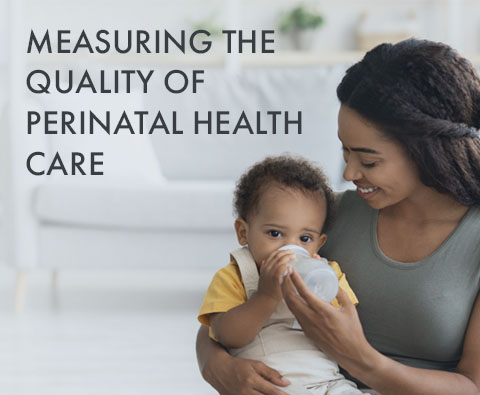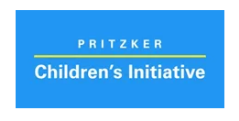
About NCQA's Perinatal Health Measures
Maternal mortality rates in the U.S. are higher than any other high-income nation.1 Evidence of persistent, large and increasing mortality gaps between Non-Hispanic Black and all other mothers in the U.S., along with patient surveys and personal stories, highlight the importance of targeted initiatives to promote perinatal health equity.2,3
Research points to persistent race-associated differences in outcomes during pregnancy, birth and the postpartum period. Despite recent efforts to promote perinatal health and health equity, there are significant gaps in existing quality measures. Improved measurement and accountability for birthing and perinatal health and safety is a key opportunity to advance perinatal health equity.3,5
The National Committee for Quality Assurance (NCQA) is undertaking an initiative to create, test and implement a quality measurement approach that aligns levels of the health care system towards perinatal health equity.
Goals
Establish a strategy for measuring perinatal health equity and promoting alignment across the health care system.
Develop and test a set of quality measures to address perinatal health equity gaps.
Use learnings to inform national evaluation programs and measures for accountability.

Join Our Reproductive Health Learning Network
We are seeking testing partners—health plans, health systems, state agencies, community-based organizations, Federally Qualified Health Centers (FQHC), birth centers—to help evaluate the feasibility, validity, reliability and usability of new perinatal health measures through a learning network.
The first measure development cycle will occur between 2025 and 2026, and the second between 2026 and 2027.
Testing partners will be required to submit de-identified patient data on a particular metric for the organization's entire maternal population. Testing partners will also participate in focus group sessions.
Additional Resources
Learn about new perinatal quality measure development at NCQA.
Find out how health plans perform on quality measures related to pregnancy and postpartum care.
References
- The Commonwealth Fund. https://www.commonwealthfund.org/publications/issue-briefs/2024/jun/insights-us-maternal-mortality-crisis-international-comparison
- National Center for Health Statistics. Maternal Mortality. Atlanta, GA: Centers for Disease Control and Prevention; 2019.
- Petersen EE, Davis NL, Goodman D, et al. Vital Signs: Pregnancy-Related Deaths, United States, 2011-2015, and Strategies for Prevention, 13 States, 2013-2017. MMWR Morb Mortal Wkly Rep. 2019;68(18):423-429.
- Pham O, Usha R. Racial Disparities in Maternal and Infant Health: An Overview - Issue Brief. Kaiser Family Foundation; 2020.
- Wallace ME, Green C, Richardson L, Theall K, Crear-Perry J. Look at the Whole Me: A Mixed-Methods Examination of Black Infant Mortality in the US through Women's Lived Experiences and Community Context. Int J Environ Res Public Health. 2017;14(7).




